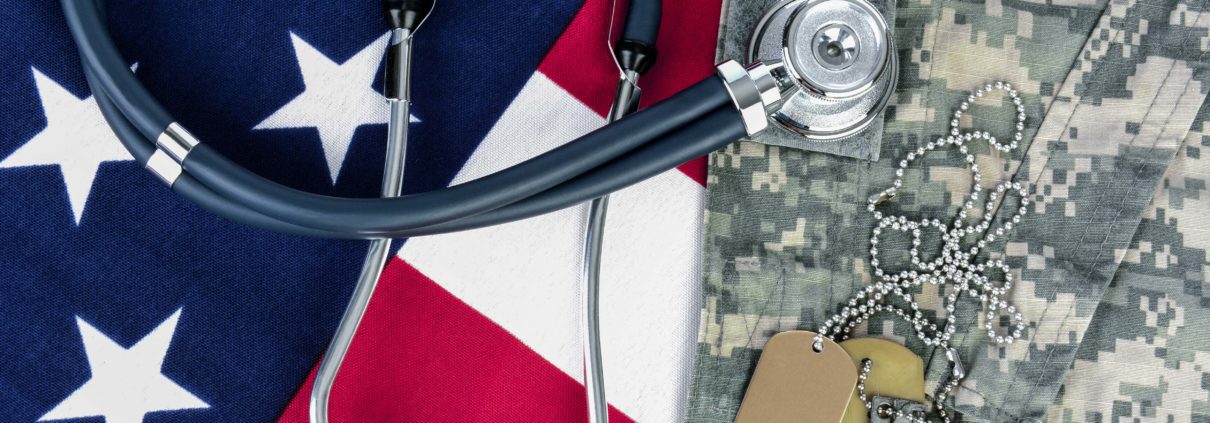Preventive Healthcare is a Secret Weapon for Military Families and Retirees
Recent research shows that service members and their families can be hesitant to divulge minimal aches and pains to their medical care providers. Unfortunately, minor injuries and aches and pains often become chronic conditions that can adversely affect job performance and daily living.
Preventive healthcare is critical to preventing illness and injury and to slowing the progression of minor ailments into more serious conditions. The member organizations of the US Family Health Plan program recognize the importance of keeping our military family members healthy so they can live their lives to the fullest.
We encourage family members to participate in their own care, and we believe preventive healthcare is an investment in their future wellbeing.
Because the US Family Health Plan has provided high quality care to military families for over 30 years, our member organizations understand military culture, in addition to the unique healthcare needs of military families and retirees.
Academic research has shown that cultural understanding is key to providing the most effective health care for military populations. Because we understand the culture, we are better able to focus on population health, prevention programs and disease management. Our aim is to keep everyone healthy and well, rather than just treating individual episodes of disease when they occur.
By knowing who our patients are, understanding their needs, and clearly communicating their care and treatment options, the US Family Health Plan member organizations are better able to effectively care for chronic conditions like diabetes. Our value-based model of care also results in fewer emergency room visits, reduced utilization of inpatient services, and achieves better health and wellness outcomes. We strive to ensure our member patients get appointments when they need them and receive sustained and reliable access to care through a 24-hour nurse help line, in-home monitoring and other advanced approaches to care delivery.
Some tips to stay healthy are:
- Get regular checkups. Visit the doctor regularly and get regular screenings for chronic diseases or illnesses to which you may be predisposed. Frank discussions with providers about your health needs helps you stay healthy and increases the chances diseases will be detected early.
- Eat nourishing foods. A balanced diet that includes protein, grains, fresh fruits and vegetables helps nourish the body. Avoiding processed foods is ideal. Foods high in antioxidants also can help reduce the risk of cardiovascular disease.
- Exercise regularly. Going for a walk, playing on a sports team or engaging in other physical activities helps keep your body and mind healthy.
- Take good care of your bones. Bone density is important as we get older. Be sure to eat enough foods high in calcium and vitamin D in order to keep your bones strong.



